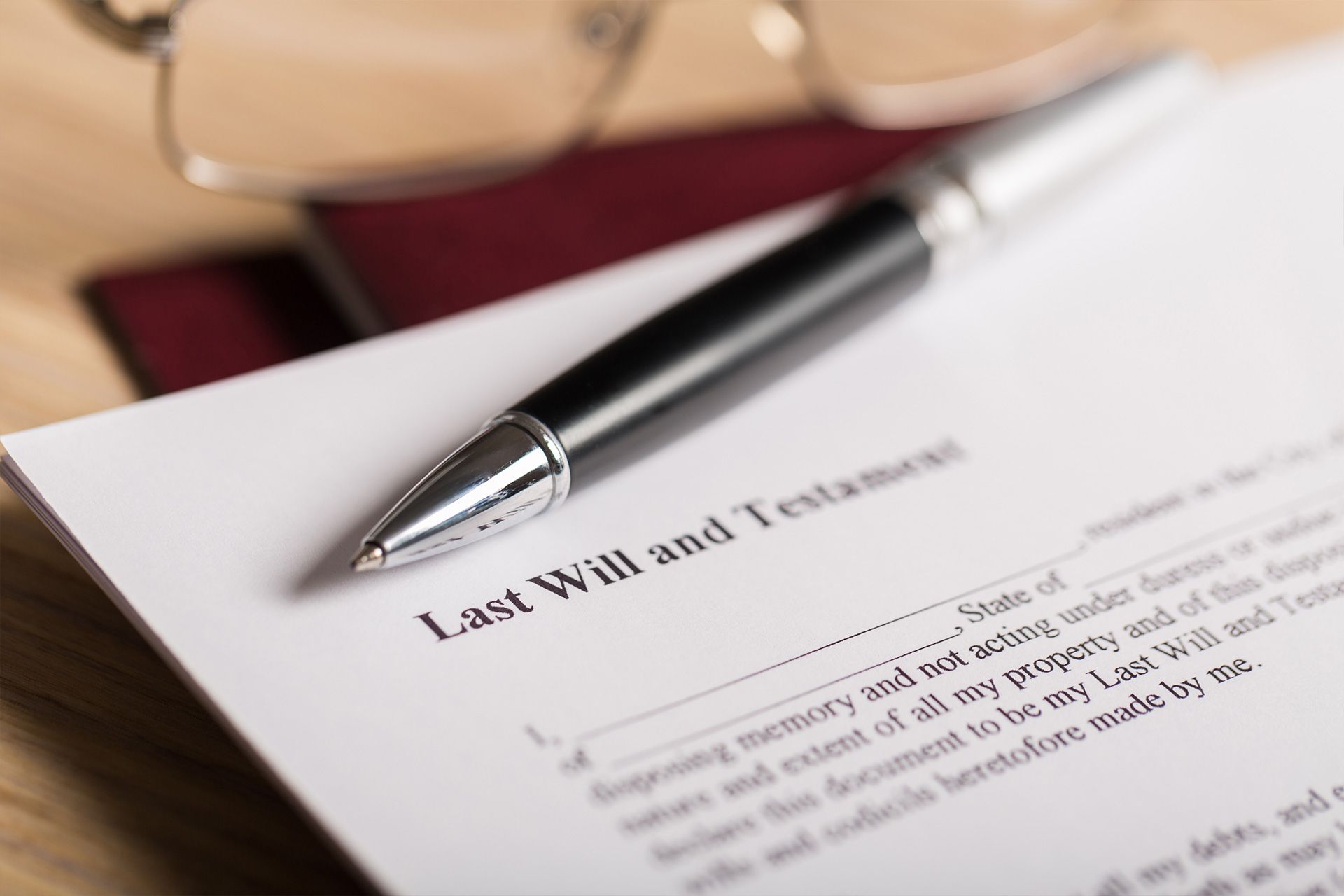Estate Planning vs Wills: Key Differences Explained
Did you know? Nearly two-thirds of Americans don’t have a Will or any kind of estate plan in place. That means most people are unprepared for the future when it comes to protecting their family, money, and property. Understanding the difference between a Will and estate planning is an important first step in taking control of your legacy.
In this post, we’ll break down the key differences between Estate Planning vs Will in a simple, easy-to-understand way. Whether you’re planning for retirement, have kids, or just want to make sure your loved ones are taken care of, this guide will help you decide which option is best for you.
What Is a Will?
A Will is a legal document that explains how you want your belongings to be distributed after you die. It can include your house, money, jewelry, car, and more. A Will also allows you to:
- Name a guardian for your children.
- Choose someone to handle your estate (called an executor).
- Leave instructions for pets or family heirlooms.
A Will only goes into effect after you die, and it must go through a legal process called probate. During probate, a court checks your Will and makes sure everything is done correctly.
What Is Estate Planning?
Estate planning is a bigger, more detailed plan than just writing a Will. It covers everything related to your health, money, and property—both while you're alive and after you're gone.
An estate plan may include:
- A Will.
- A Living Trust.
- Power of Attorney (for finances or medical care).
- A Living Will (for end-of-life medical wishes).
- Beneficiary designations (for bank accounts, insurance, etc.).
Estate planning is not just for wealthy people. It’s for anyone who wants to be in control of what happens to their life, health, and money.
Estate Planning vs Will: Key Differences
Let’s look at the main differences between Estate Planning vs Will in a simple table:
| Feature | Will Only | Full Estate Plan |
|---|---|---|
| Goes into effect | After death | Some parts during life, others after death |
| Covers | Only distribution of assets | Health, money, assets, care decisions |
| Probate required? | Yes | Can avoid probate with Trusts |
| Medical decisions included? | No | Yes (with Living Will & Power of Attorney) |
| Names guardians for children? | Yes | Yes |
| Cost | Lower upfront cost | Higher upfront but may save later |
Why Wills Are Important
A Will is often the first step in estate planning. It’s simple, low-cost, and gives you control over your property. Without a Will:
- The state decides who gets your stuff.
- A judge chooses who takes care of your kids.
- Your family may have to go through a long and stressful legal process.
A Will helps avoid family arguments and gives peace of mind.
Why Estate Planning Is Even Better
An estate plan gives you more control and protection. It helps with:
- Avoiding Probate:
A
Living Trust can keep your property out of court
- Making Medical Choices:
A Living Will tells doctors what care you want if you can’t speak
- Helping Loved Ones: Power of Attorney lets someone manage your money or health if you're sick
- Saving Money and Time: Estate plans may reduce taxes, delays, and court fees
When You Need More Than a Will
You may want a full estate plan if:
- You have young children.
- You own real estate or run a business.
- You want to avoid court involvement.
- You have special healthcare wishes.
- You want to leave a legacy, like giving to charity.
If any of these sound like you, talk to a lawyer about making a complete plan.
Common Myths About Wills and Estate Planning
- Myth 1: Estate planning is only for the rich.
- Fact: Anyone with a job, family, or home should have an estate plan.
- Myth 2: A Will is all I need.
- Fact: A Will is a good start, but it doesn't cover things like medical choices or avoiding probate.
- Myth 3: I’m too young to worry about it.
- Fact: Life is unpredictable. It’s better to plan early than leave your loved ones unprepared.
How to Get Started
Creating a Will or estate plan doesn’t have to be hard. Here’s how you can begin:
- Make a list of your property, bank accounts, and important people in your life.
- Decide who gets what and who will be in charge.
- Think about your health choices—who should speak for you if you can’t?
- Talk to a lawyer who specializes in estate planning.
- Update your plan after big life changes like marriage, divorce, or having children.
Estate Planning vs Will: Which One Should You Choose?
If you're just starting out, a Will may be enough. It’s better than having nothing at all. But if you want to fully protect your family and your future, an estate plan gives more coverage and flexibility.
You can always start with a Will and build your estate plan over time. Just remember: the best plan is the one that gets done.
Final Thoughts
Planning ahead is one of the kindest things you can do for your loved ones. It gives them clarity, comfort, and protection during a difficult time. Whether you choose a Will or a full estate plan, you’re taking a big step toward peace of mind.
Take control of your future—contact Law Office of Mary E. King, PL today to start your estate plan.
FAQs About Estate Planning vs Will
What is the main difference between a Will and estate planning?
A Will is a single document that covers what happens to your things after you die. Estate planning is a full strategy that can include a Will, Trust, medical instructions, and more.
Do I need a lawyer for estate planning or making a Will?
While some people use online tools, it’s always best to consult an estate planning lawyer to avoid mistakes and make sure your documents are valid.
Can I change my Will or estate plan later?
Yes! You can update your Will or estate plan anytime, especially after big life changes like marriage, divorce, or the birth of a child.
Is estate planning only for older people?
No. Estate planning is for adults of all ages. Accidents or illness can happen at any time, and being prepared helps your family.
What happens if I die without a Will or estate plan?
If you die without a plan, the state’s laws decide who gets your property. This can lead to stress, delays, and court battles for your loved ones.
Disclaimer: The information on this website and blog is for general informational purposes only and is not professional advice. We make no guarantees of accuracy or completeness. We disclaim all liability for errors, omissions, or reliance on this content. Always consult a qualified professional for specific guidance.
RECENT POSTS
CONTACT US






